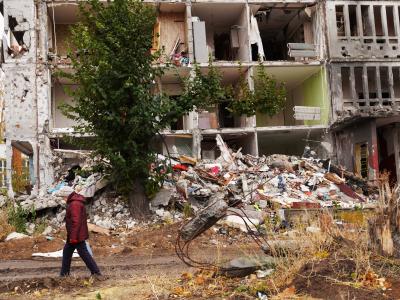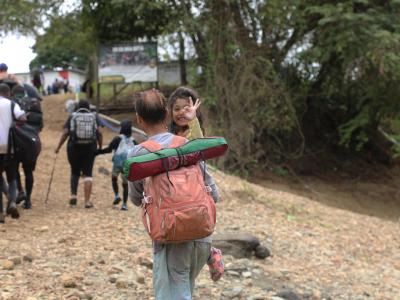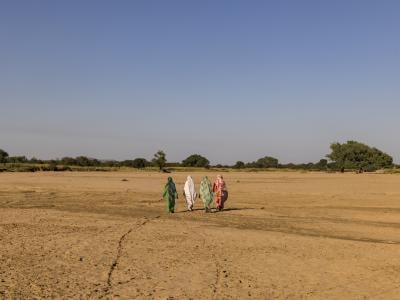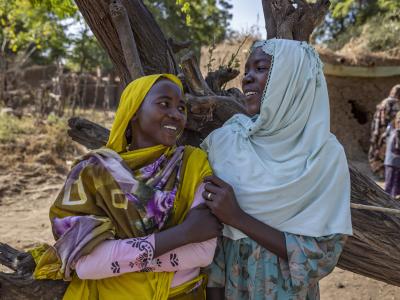Global financial needs amount to $1.518 billion (-20% vs 2024 current budget)
By mid-2024, around 70 million people who had fled conflict or violence were displaced within their own country. The numbers have doubled in the past decade and are set to double again by 2030, based on current trends. With its legal and protection expertise, its operational delivery and its coordination of humanitarian responses, in 2025 UNHCR will aim to support States in their responsibility to protect, assist and find solutions for internally displaced people (IDPs). We will seek the strengthening of legal and policy frameworks in at least 20 countries, and convene State-to-State exchanges on addressing internal displacement.
Financial overview




